Canada has "inflamed" tensions with China by announcing a 100% tariff on electric vehicles imported from the world's second largest economy. China said it would take all necessary measures to protect the interests of its businesses.
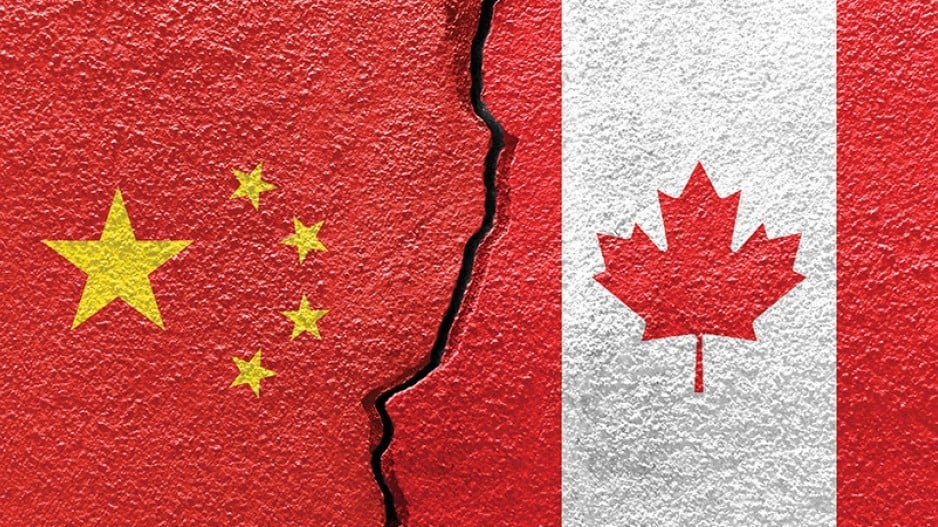 |
| China is Canada's second largest trading partner, after the United States. (Source: Istock) |
Speaking on the sidelines of a closed cabinet meeting in Halifax, Canada, on August 26, Canadian Prime Minister Justin Trudeau said the country's decision was to counter what Ottawa called "Beijing's deliberate overcapacity."
He accused China of "not playing by the same rules".
A "huge" tax on Chinese electric vehicles is expected to be applied by Canada from October 1.
Canada "follows" the US and EU
China is Canada’s second-largest trading partner after the United States. The value of Chinese electric vehicles imported into Canada jumped to $2.2 billion CAD ($1.6 billion) last year, up from less than $100 million CAD in 2022.
The number of cars arriving from China at the Port of Vancouver - Canada's largest port - has skyrocketed after Tesla began shipping Model Y cars there from its factory in Shanghai.
Canada is trying to position itself as a key part of the global electric vehicle supply chain.
Ottawa is now under heavy pressure from the domestic auto industry to impose barriers on Chinese-made electric vehicles.
“We will continue to work with the United States and other allies to ensure global customers are not harmed by anti-market behaviour,” Prime Minister Trudeau said.
In addition to electric vehicles, Canada also announced a 25% tariff on steel and aluminum imported from China.
In May, US President Joe Biden announced a quadrupling of tariffs on electric vehicles from China to 100%. However, implementation was delayed until September.
Last month, the European Union (EU) also planned to impose a tax of 17.4-37.6% on electric vehicles imported from China. However, after receiving feedback from relevant parties, on August 20, the European Commission (EC) announced "adjustments to the proposed import tax".
Accordingly, the tax rate on Tesla cars made in China will be reduced from 20.8% to 9%. Some Chinese companies such as: BYD will be reduced from 17.4% to 17%, Geely from 19.9% to 19.3% and SAIC from 37.6% to 36.3%.
The remaining automakers that agree to cooperate with the 27-member bloc in the anti-subsidy investigation will be subject to a 21.3% tariff. Those that refuse will be subject to a 36.3% tariff, down from the previous proposal of 37.6%.
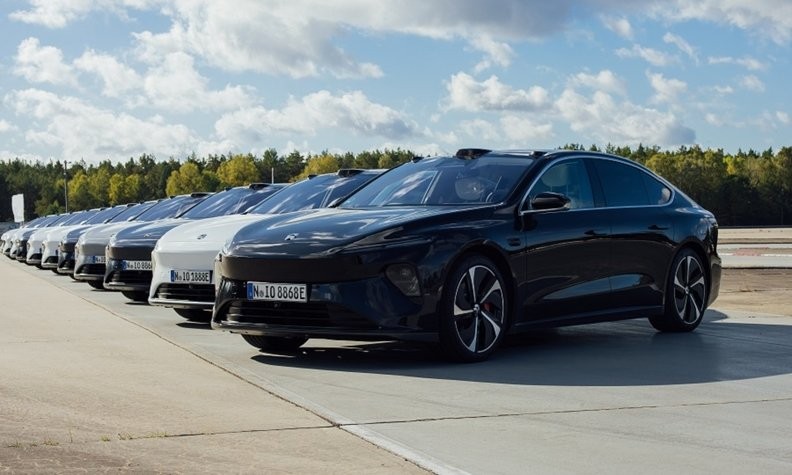 |
| Canada’s tariffs will only affect Tesla electric vehicle imports from China, as the country’s major electric vehicle brands have yet to enter the Canadian market. (Source: Automobile News Europe) |
China reacts strongly
Commenting on Canada's decision, Chinese Foreign Ministry spokesman Lin Jian said that the country's electric vehicle subsidies do not create industrial competitiveness.
“The rapid development of China's electric vehicle industry is the result of continuous technological innovation, well-established industrial and supply chains, and comprehensive market competition. This is what happens when China's comparative advantages provide exactly what the market needs,” Lin Jian emphasized.
The Chinese Embassy in Canada expressed "strong dissatisfaction" with Canada's plan to impose a 100% tariff on electric vehicles imported from China.
In a statement posted on his personal page, a spokesperson for the Chinese Embassy in Canada stated: "This will harm trade and economic cooperation between the two countries, harm the interests of consumers and businesses, and slow down Canada's green transition."
The spokesperson said that this is an act of trade protectionism, violating the rules of the World Trade Organization (WTO) and negatively affecting the image of Canada - a leader in free trade and climate change mitigation.
"The rapid development of China's electric vehicle industry is due to technological innovation, a solid industrial and supply chain, and operation based on the principle of market competition rather than government subsidies. The government will take all necessary measures to protect the legitimate rights and interests of Chinese enterprises," said a spokesperson for the Chinese Embassy.
Meanwhile, the Global Times also criticized Canada for “shooting itself in the foot” by “following US protectionist policies.”
Who suffered the most?
Some commentators say Canada's tariffs will only affect Tesla electric vehicle imports from China because the country's major electric vehicle brands have yet to enter the Canadian market.
In addition, major Chinese electric vehicle manufacturers such as BYD plan to ship products to Canada by 2025, but with the new tariffs, they will consider setting up factories in Ottawa to avoid the new duties.
Tesla sold 36,900 electric vehicles in Canada last year, compared with 24,400 in 2022, according to Automotive News . The company, whose CEO is entrepreneur Elon Musk, currently supplies electric vehicles made in Shanghai to Canada. To avoid the new tariffs, the automaker could shift its deliveries to Canada from factories in Germany or the United States.
Liu Chunsheng, an associate professor at the Beijing-based Central University of Finance and Economics, said Canada's electric vehicle tariffs would not directly hurt Chinese companies but could force Tesla to reduce production in the world's second-largest economy.
“The main destinations for Chinese electric vehicles are not the United States or Canada, but Southeast Asia and Eastern Europe. Therefore, Canada’s tariffs will not affect China’s electric vehicle exports. However, the United States is currently encouraging its allies to reduce or block electric vehicle imports from China.
Therefore, Ottawa's decision could force Tesla to reduce production in Beijing."
However, according to Bloomberg , Canada's main concern is not Tesla, but the prospect of cheap cars produced by Chinese automakers entering the country. For example, the aforementioned BYD plan. Therefore, many experts believe that this is a quick step to stop the aggressive actions from China.
Source: https://baoquocte.vn/canada-thoi-bung-cang-thang-voi-trung-quoc-ottawa-co-buoc-di-nhanh-hay-dang-tu-ban-vao-chan-minh-284212.html








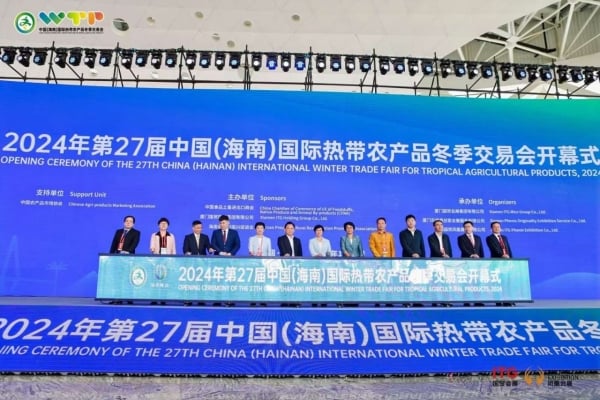
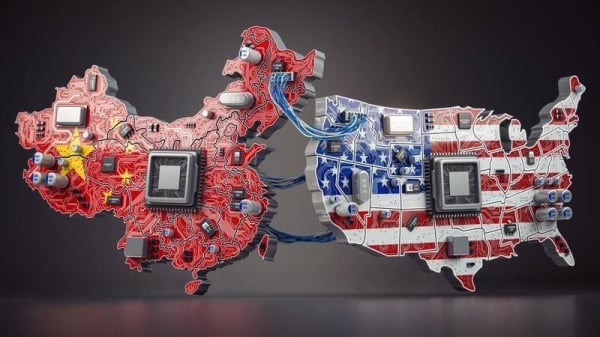
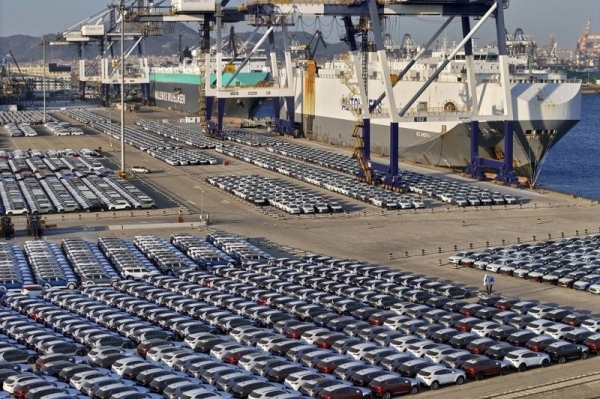
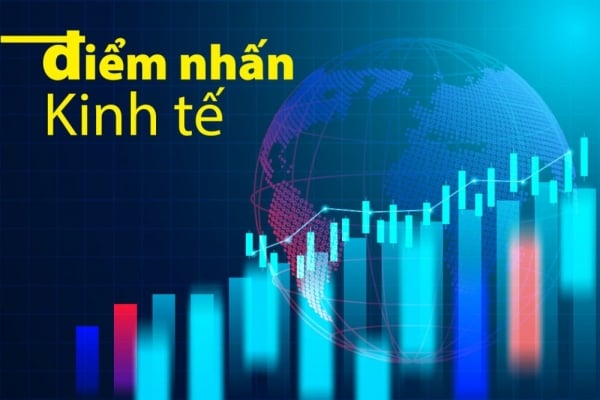
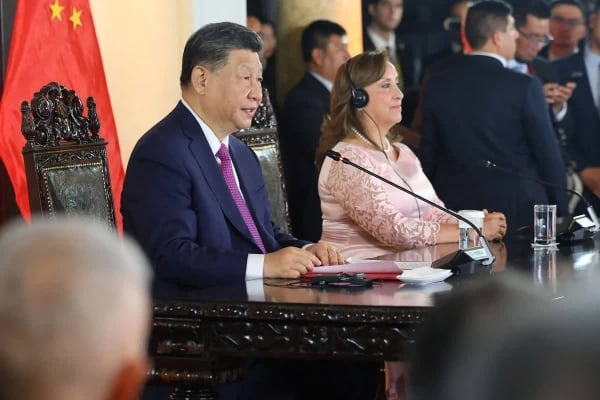
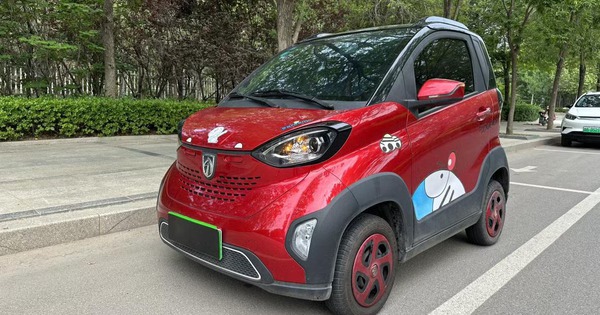




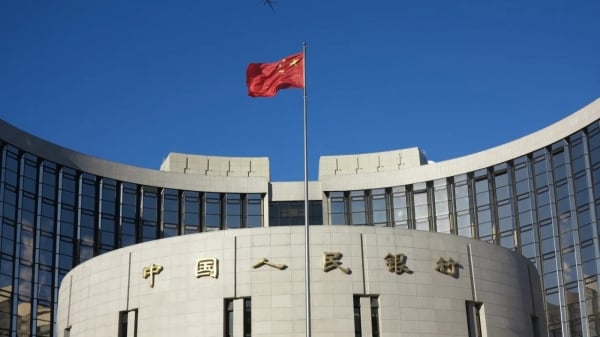

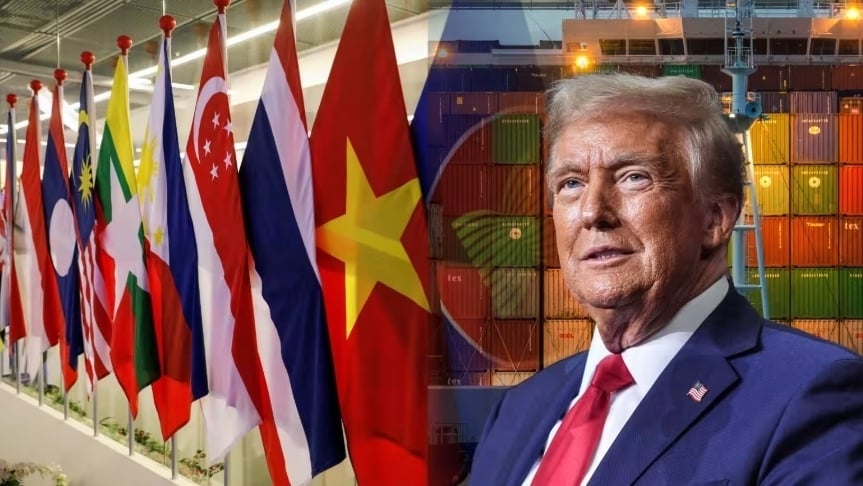




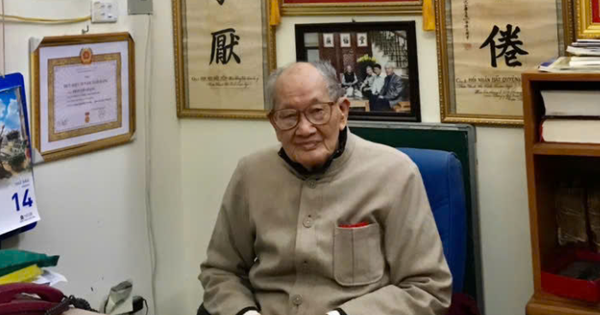












Comment (0)